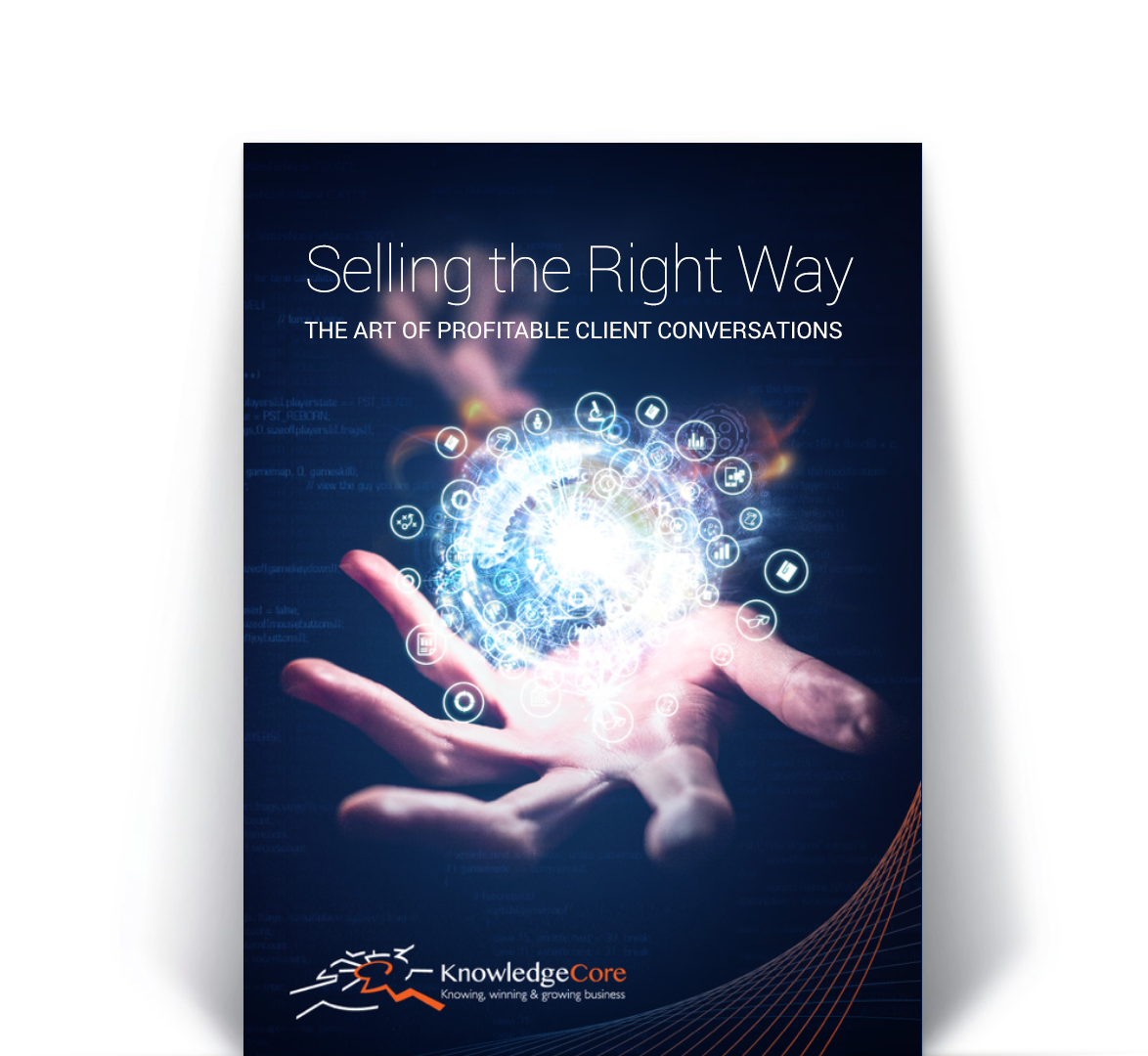For thousands of years a fundamental part of our human hunter-gatherer psyche was stalking prey. And even today in our civilised, industrialised and urbanised society, it remains a fundamental part of our genetic DNA.
We see it at the highest government levels and also on the playing field where, despite the rhetoric, the hunt engenders a surge of emotion akin to those our ancestors must have felt (though they were playing for real).
As soon as you step into hunter mode, your customer feels like your prey
For many, selling triggers chemical surges similar to those of the hunt. We know that, because brain research links the instinctual aspect of stalking prey with far more cognitive cerebral (intellectual) activities which impact and reinforce our pitch or ‘selling style’.
In short we are:
- fixated on what we’re going to say next to the customer/ client or prospect;
- distracted with fantasising about targets we’ll reach from ‘closing’ the sale; and
- sending strong messages about us that, in the end, our competitors will benefit from.
The issue is that in today’s world this particular style of selling loses more than it wins.
You see, when we focus on what we are going to get from a particular person, we become the hunter and they become the prey.
I don’t know about you, but if ever I feel like prey you can see the dust flying as I rush out of the room, whether physically or mentally. Call it the natural law of the universe, human perversity, or the perception that I’m under siege – either way that salesperson isn’t going to get a thing from me!
I wonder if you might be similar?
“Thanks so much, we’ll call you…”
Interestingly, the flip side of being the hunter is that for those customers who have become prey – the same aspect of the brain is triggered as if the person was genuinely being hunted. Quantum physicist Henry Stapp’s brain research found that when we try to convince someone to do something which argues with their own values, beliefs or opinions, the brain triggers warning signals that shuts the brain down. Which, in a sales environment, translates to “Thanks so much. We’ll call you.”
Brain research is a multi-faceted discipline but in this context let me just ask … how you would feel, knowing that the person sitting opposite you is only there because they are specifically out to get your business and your money?
I wonder how generous and magnanimous you would feel, knowing that you were there specifically to listen to someone trying to sell you their services and get you to part with your money?
And consider this: with the availability of technology the need for customers and prospects to sit and listen to a salesperson’s litany of product or service features is largely redundant. Because by the time each of them meet, the customer or prospect has probably done their homework.
Fact: online consumer research prior to purchase has now risen to between 80-97%.
The balance of power has changed to the buyer
They’ve done their research on your company, your products, and your competitors and if they are speaking to you, it’s often to assess whether your products or services are going to deliver them the specific level of satisfaction they are looking for.
Therefore a large part of their assessment is going to be based on your ability (or that of your sales staff) to uncover these specifics and clearly demonstrate the usefulness of your product or service to them.
The determining factor as to whether they buy from you will be based on your ability to uncover your prospect’s unspoken word and meet their personal paradigm of value.
Only those that are able to stand in that prospect’s shoes and understand his or her personal paradigm of value, get the sale, the deal or win the work.
The Takeout…
- When you are in ‘hunter’ mode, it’s completely counterintuitive to what your 21st century customers are looking for.
- If you are focused on your outcomes rather than those of your customers, the battle lines are drawn – and the enemy is within.
- The proposition that customers are unknowledgeable and will bow to the force of the hunter technique is outdated.
- Your customers are savvy. They have moved on. And they are looking to partner with salespeople they can trust and relate to well before they will invest.
- You will succeed when you have a level of empathy that delivers the ability to understand your customer’s, prospect’s or client’s view of the world.

